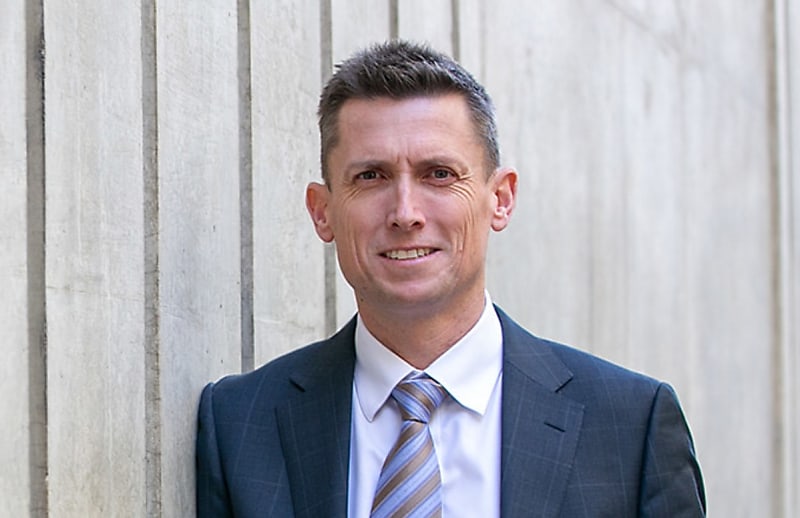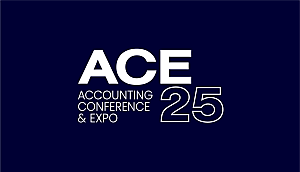South Australian medical centres have been given a payroll tax reprieve following negotiations between the state government and the Royal Australian College of GPs.
You’re out of free articles for this month
The RACGP said the state Treasurer had agreed to an amnesty on payroll tax for tenant GPs until 30 June 2024, in line with a similar move by the Queensland government a few months ago.
RACGP South Australia chair Dr Sian Goodson said the amnesty meant eligible businesses would not be subject to an audit as long as they registered prior to 30 September.
The state would also refrain from seeking penalties in relation to non-compliance with the provisions for the period up to the end of the amnesty.
“Similar to the Queensland government’s announcement in April this year, this will give practices time to understand how the provisions relate to their business model and how to accurately comply with the provisions,” Dr Goodson said.
Medical centres nationwide became vulnerable to payroll tax following a ruling by the Supreme Court of NSW in the landmark Thomas and Naaz Pty Ltd v Chief Commissioner of State Revenue [2022] case last year.
That ruling cast medical centre arrangements into doubt and redefined GPs – who typically pay a percentage of their earnings to the clinic to cover facilities and administration – as employees for payroll tax purposes.
In turn that made about 7,400 medical centres, dental practices and allied health practices across Australia subject to payroll tax if they meet the various state thresholds.
The ruling caught medical centres off guard and professional bodies claimed payroll tax would make many healthcare facilities unviable, particularly in the regions.
Dr Goodson said the tax obligation “could send them to the wall or, at the very least, put them in an unenviable position where they have no choice but to hike patient fees”.
William Buck director Tom Laundy, who runs the accounting firm’s South Australian health division, was encouraged by the move.
“We’re very pleased to see some action in South Australia that will provide some clarity and confidence for practice stakeholders in approaching this issue with support from the government,” he said.
“We’re looking forward to addressing this in our community in the coming months as we move toward the registration deadline and encourage those in the industry in the ‘wait and see’ category to move into action mode.”
William Buck’s head of health Paul Copeland said it was “a great outcome” for practices in South Australia and “hopefully this puts pressure on NSW and Victoria and ACT to follow as well”.
Dr Goodson urged all South Australian practices to take advantage of the amnesty before the 30 September deadline.
“We encourage all practices to apply for the amnesty as soon as possible,” she said. “This amnesty represents a crucial lifeline for practices right across the state, it gives GPs and practice owners time to adjust their structure if needed and helps to secure the future of general practice care in South Australia.
“We will continue working closely with the Government when it comes to payroll tax obligations so that practices remain viable and no patients anywhere are left behind.”

 Login
Login







